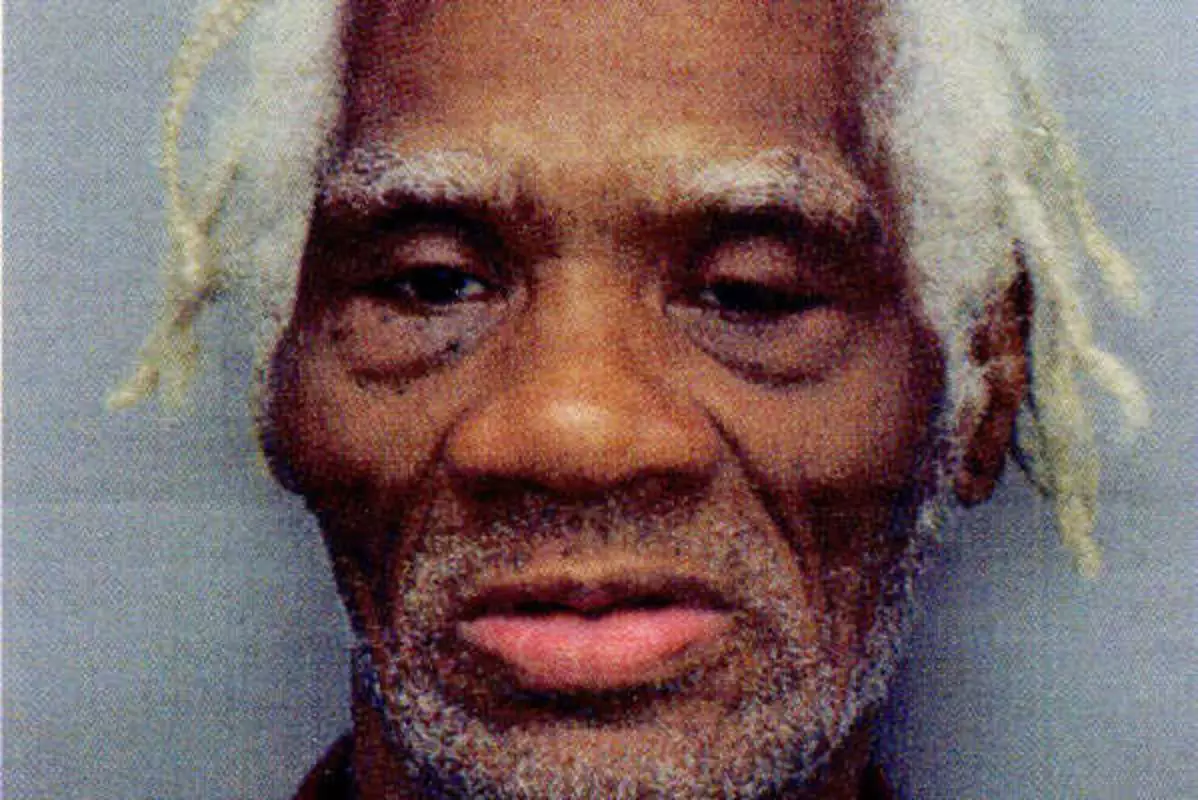
There are approximately 5,000 prisoners across the state of Pennsylvania, USA who are currently serving one or multiple life sentences, according to hrcoalition.org.
Joseph Ligon is one of them and he has been behind bars for 63 years.
However, he has recently rejected an opportunity to immediately be put on parole as he believes he has suffered long enough and just wants to be released permanently.
The Philadelphia man was given a life sentence for his part in the stabbing deaths of Charles Pitts and Jackson Hamm in 1963, according to The Philadelphia Inquirer.
Advert
Following a US Supreme Court decision in January, which instituted a retroactive ban on mandatory life-without-parole sentences for juvenile offenders, he was finally offered a get-out-of-jail card.
In the hearing, it was heard that mandatory sentencing of juveniles to life without the possibility of parole violated the Eighth Amendment of the Constitution, which prevents harsh and unusual punishment.
As a result, Ligon is among approximately 300 other inmates from Philadelphia who are now eligible for re-sentencing.
But when Ligon was told about the deal that would entitle his parole, he immediately declined.
"His view is that he's been in long enough," Bradley Bridge of the Defender Association of Philadelphia, told the court on Friday. "He doesn't want to be on probation or parole. He just wants to be released."
According to the Inquirer, three other prisoners have formally rejected offers for re-sentencing.
The deals of parole are in line with a 2012 law passed in Pennsylvania. This requires authorities to enforce minimum sentences of 35 years to life against juveniles who are found guilty in first-degree cases, and 30 years to life for second-degree cases.
Basically, inmates can't be released without a parole board's authorisation - a protocol that critics believe fails to retroactively apply the Supreme Court's decision that was made earlier this year.
Advert
Featured image credit: Pennsylvania Department of Corrections
Featured Image Credit: